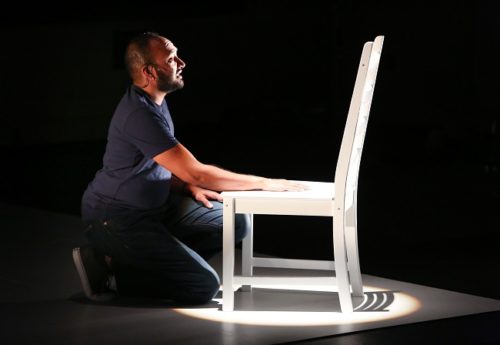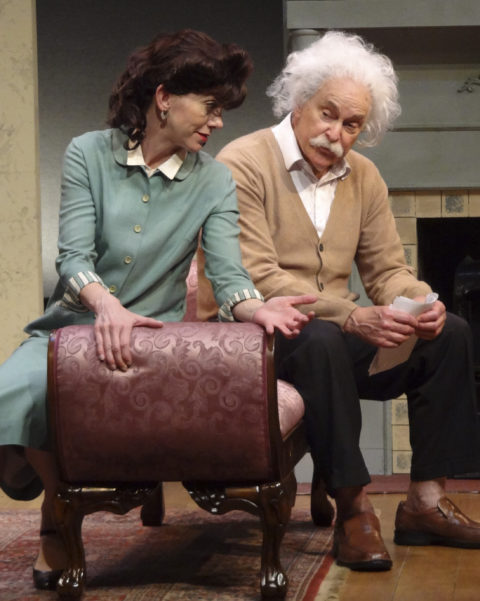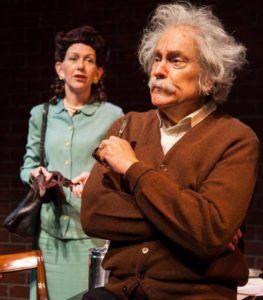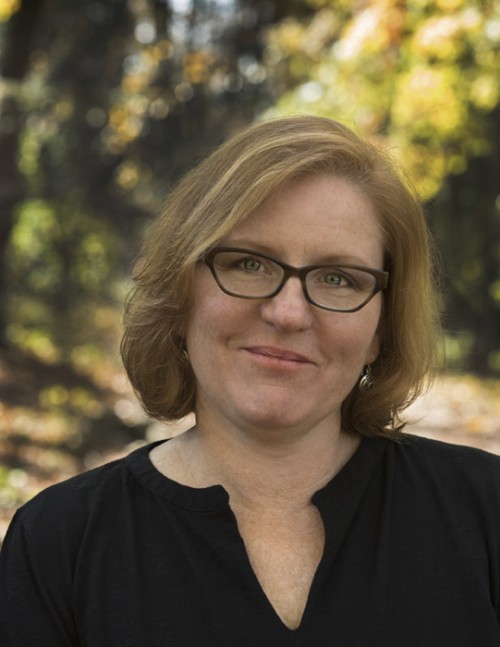
PlayMakers Repertory Company will kick off its 2016-17 season on Aug. 24-28 with the world premiere of DRAW THE CIRCLE, an autobiographical one-man show about his female-to-male transition written and performed by Mashuq Mushtaq Deen and directed by Chay Yew. There will be a freewheeling talkback with the artists and selected subject-matter experts, following each performance of this provocative PRC2 production in the Elizabeth Price Kenan Theatre in the University of North Carolina at Chapel Hill’s Center for Dramatic Art.
On his website, Deen describes this intensely personal yet universal play as “The hilarious and deeply moving story of conservative Muslim mother at her wits’ end, a Muslim father who likes to tell jokes, and a queer American woman trying to make a good impression on her Indian in-laws. In a story about family and love and the things we do to be together, one immigrant family must come to terms with a child who defies their most basic expectations of what it means to have a daughter … and one woman will redefine the limits of unconditional love.”
“The story is autobiographical, so in a way, the story conceived me,” claims Mashuq Mushtaq Deen. “People ask, When did you ‘transition’?, as if it’s a point in time. It was more than a decade in the making — years of resisting, coming to terms, resisting again.”
He adds, “I finally decided to write about it, because I thought the story could do some good in the world, could help other people feel less alone than I felt. But when I began the telling, I realized I wasn’t as interested in my own journey, I had already lived through it. The exploration I could sustain — and writing for me is both exploration and a lengthy commitment, as plays can take years — was the journey of the other characters, those who loved me and didn’t want me to change. And certainly, writing the play also helped me to understand my family in a different way.
“While I was writing [Draw the Circle], I did a lot of research on solo shows,” Deen recalls. “I was most inspired by my friend and colleague Jessica Dickey’s piece, The Amish Project [– which is] a brilliant piece of theater, if you ever get to see it[.] In that play, she portrays all the characters around the Amish community; and through that negative space, if you will, the audience gets a much more complicated version of the heart and soul of this Amish community.
^Taken from Triangle Arts & Entertainment’s Review of DRAW THE CIRCLE, read the full review here.
Learn more about DRAW THE CIRCLE, here.



